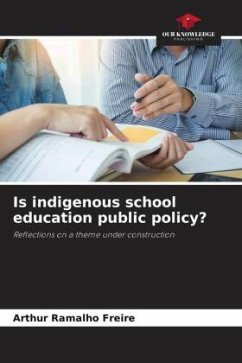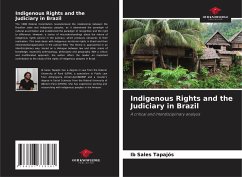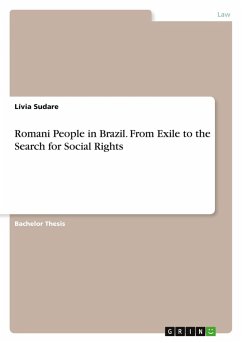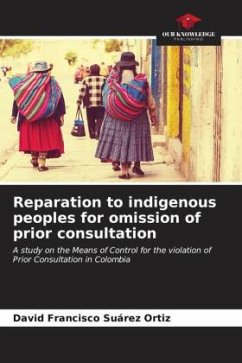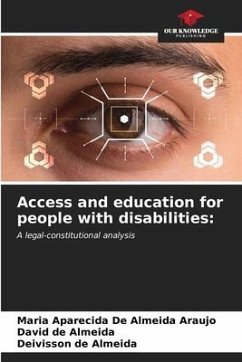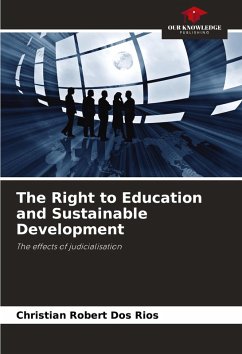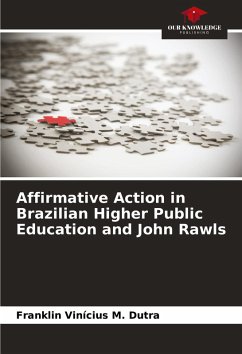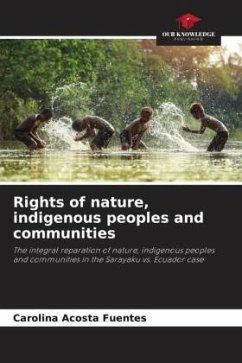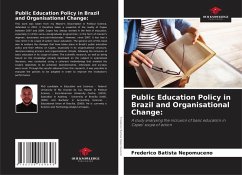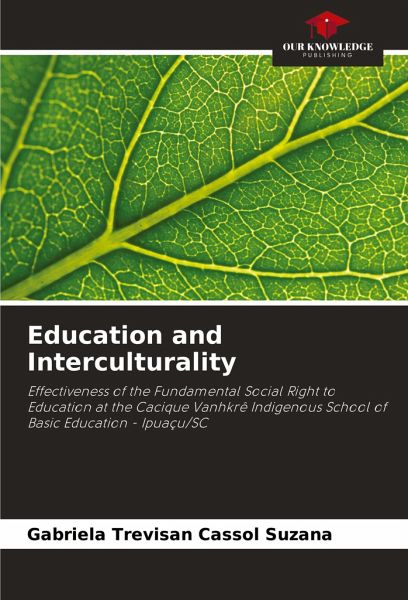
Education and Interculturality
Effectiveness of the Fundamental Social Right to Education at the Cacique Vanhkrê Indigenous School of Basic Education - Ipuaçu/SC
Versandkostenfrei!
Versandfertig in 6-10 Tagen
27,99 €
inkl. MwSt.

PAYBACK Punkte
14 °P sammeln!
One of the basic social rights in the Brazilian legal system, and perhaps the only one capable of transforming society, is education. Provided for in the Brazilian Constitution of 1988 as a fundamental social right, the right to education carries with it the burden of changing society and must be provided taking into account each individual being treated, preserving their roots and the teachings from home, even more so, preserving them, so that citizens are formed who are concerned and engaged with the social environment in which they live. The approach to multicultural education, in a context...
One of the basic social rights in the Brazilian legal system, and perhaps the only one capable of transforming society, is education. Provided for in the Brazilian Constitution of 1988 as a fundamental social right, the right to education carries with it the burden of changing society and must be provided taking into account each individual being treated, preserving their roots and the teachings from home, even more so, preserving them, so that citizens are formed who are concerned and engaged with the social environment in which they live. The approach to multicultural education, in a context of cultural miscegenation, outlines the possible confrontations to guarantee the continuity of a people, more specifically the Kaingáng and Guarani people of the Xapecó Indigenous Land, in Ipuaçu, Santa Catarina. Multiculturalism is the interrelationship, the exchange of experiences between different cultures that provides new knowledge and strengthens peoples in the face of globalisation. The union of education and interculturality or multiculturalism raises the former to a level of realisation of the fundamental right provided for in the Constitution beyond territorial borders and boundaries of thought.





